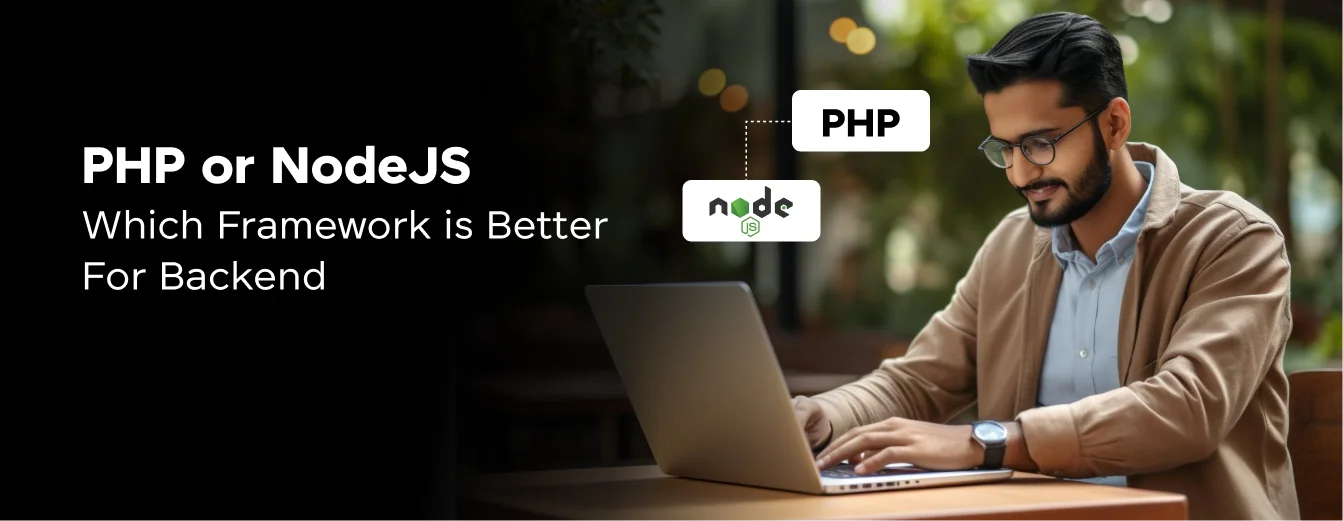
PHP or NodeJS: Which Framework is Better For Backend in 2025?
Mar 13, 2025 5 Min Read 2287 Views
(Last Updated)
In this current digital era, it is not difficult to develop a backend for a website, rather, what’s more difficult is to choose the right framework for that backend.
There are numerous backend frameworks out there and out of those, PHP and NodeJS are two of the most prominent frameworks out there.
But which is better of the two, PHP or NodeJS? It is a hot debatable topic that is been there since their introduction and by the end of this article, you will be getting clarity on which is better, PHP or NodeJS.
So, let us get started:
Table of contents
- What is PHP?
- What is NodeJS?
- PHP or NodeJS - A Comparison Based on Their Features
- Which is Better - PHP or NodeJS?
- When to Choose PHP:
- When to Choose NodeJS:
- Other Aspects to Consider when deciding between PHP or NodeJS:
- Conclusion
- FAQs
- Can PHP handle real-time applications like NodeJS?
- What are the hosting requirements for NodeJS compared to PHP?
- Can I use both PHP and NodeJS in the same project?
- Can NodeJS applications easily integrate with front-end frameworks like React or Angular?
What is PHP?

Before we proceed with the topic of PHP or NodeJS, let us first understand these two in a detailed manner.
PHP, short for Hypertext Preprocessor, is a bit like the behind-the-scenes guy when you visit websites. Imagine you’re at a restaurant browsing a menu. When you decide what to eat, you tell the waiter, who then goes to the kitchen to tell the chef what to prepare. PHP works similarly for websites.
When you click on something or fill out a form on a website, PHP acts as the waiter, taking your request to the website’s server where the information is processed. Then, PHP brings back the response to you, like the waiter returning with your meal.
Know More About What is PHP? A Beginner’s Guide to the World of PHP
It’s a powerful tool that helps make websites interactive, allowing them to do things like display your social media posts, manage your online shopping cart, or let you blog about your favorite topics. PHP is everywhere, making the magic happen each time you interact with a web page.
Before diving into the next section, ensure you’re solid on full-stack development essentials like front-end frameworks, back-end technologies, and database management. If you are looking for a detailed Full Stack Development career program, you can join GUVI’s Full Stack Development Course with Placement Assistance. You will be able to master the MERN stack (MongoDB, Express.js, React, Node.js) and build real-life projects.
Also, if you would like to explore and learn more about NodeJS alone through a Self-paced course, try GUVI’s NodeJS Certification course.
Learn More: Top 6 Backend Frameworks That You Should Know
What is NodeJS?

Let us now understand about NodeJS in the debate, which is better, PHP or NodeJS.
NodeJS is like a multitasking wizard for the internet, enabling websites and applications to perform multiple tasks at the same time, making them more interactive and responsive.
Imagine you’re at a coffee shop with a waiter who can take orders, make coffee, chat with you, and handle payments all at once, without ever getting your order wrong.
NodeJS allows web applications to handle many requests – like retrieving your emails, updating live scores, or streaming videos – simultaneously and efficiently, without slowing down. It’s built on JavaScript, which is the language most web pages speak to create those dynamic and interactive experiences you enjoy.
So, NodeJS extends the magic of JavaScript from the browser (what you see and interact with on a webpage) to the server (where all the data is processed), making it possible for developers to use the same language to build and manage both the front and back end of websites. This makes things simpler and faster for developers, which can lead to better and more efficient websites for you.
Let us now address the main topic by comparing the features that will help us to understand which is better – PHP or NodeJS.
Know More: Node.JS as Backend: Everything You Need to Know About this Popular Framework
PHP or NodeJS – A Comparison Based on Their Features
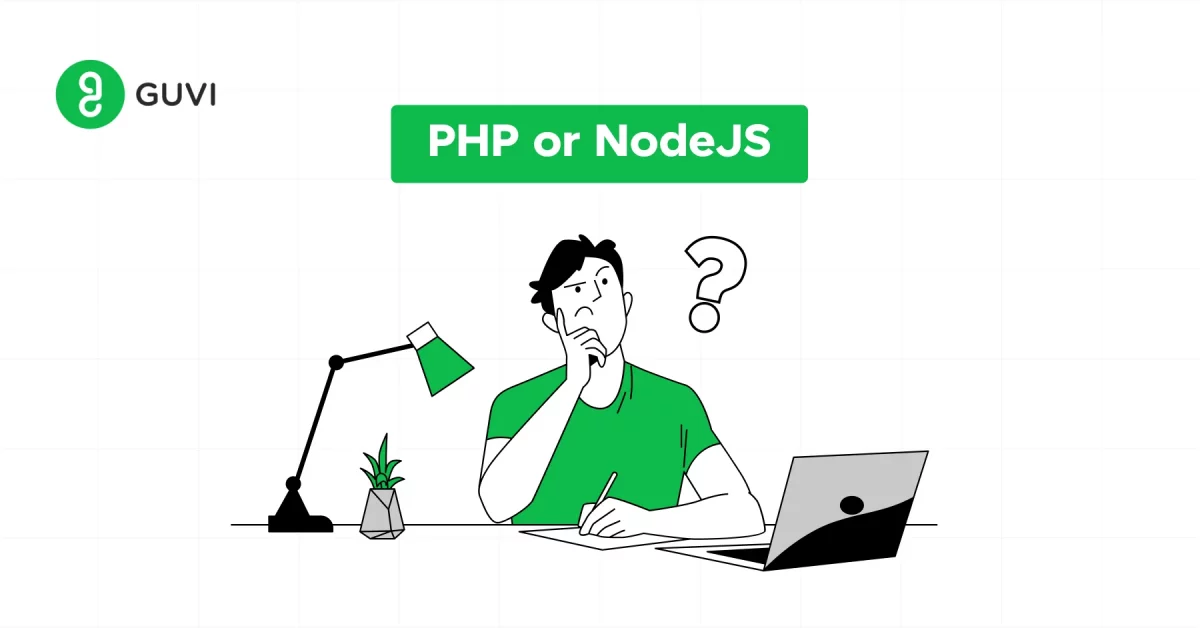
Here’s a comparative overview of whether PHP or NodeJS is better, this table will help you grasp their differences at a glance:
| Features | PHP | NodeJS |
|---|---|---|
| Type | It is a server-side scripting language. | NodeJS is a JavaScript runtime environment. |
| Execution | It is synchronous (by default), which means tasks are completed one after another. | It is asynchronous and non-blocking, handling multiple tasks concurrently. |
| Use Case | It is ideal for traditional web applications, content management systems (CMS), and websites. | It is suited for real-time applications, single-page applications (SPAs), and APIs. |
| Performance | It is generally good for standard web applications; newer versions are much improved. | It has high performance for I/O intensive tasks, thanks to its non-blocking nature. |
| Environment | It runs on a web server, with Apache and Nginx being the most popular. | It runs on the V8 JavaScript engine and can be used to create both server-side and client-side scripts. |
| Development | It has broad hosting support with many providers offering easy PHP setups. | It has a different syntax from front-end JavaScript, potentially requiring developers to switch contexts. |
| Community | It has a large, mature community with extensive documentation and a vast number of frameworks. | It has a vibrant, growing community with a vast number of packages available via npm. |
| Hosting | It has broad hosting support with many providers offering easy PHP setup. | It requires support for Node.js environments, which is increasingly common but not as ubiquitous as PHP. |
| Frameworks | Laravel, Symfony, CodeIgniter, and more. | Express.js, Meteor, Koa, and more. |
| Learning Curve | It is gentle for beginners, especially those with no prior programming experience. | It is steeper for those new to asynchronous programming, but easier for those already familiar with JavaScript. |
This table helps you understand features and help you decide what to choose, PHP or NodeJS encapsulates the fundamental differences between PHP and Node.js, helping you to understand where each might fit into the development of web applications.
The choice between PHP or NodeJS should be guided by the specific needs of your project. Let us see more about it in the next section.
Read More: Best Tips and Tricks for JavaScript Debugging Skills
Which is Better – PHP or NodeJS?
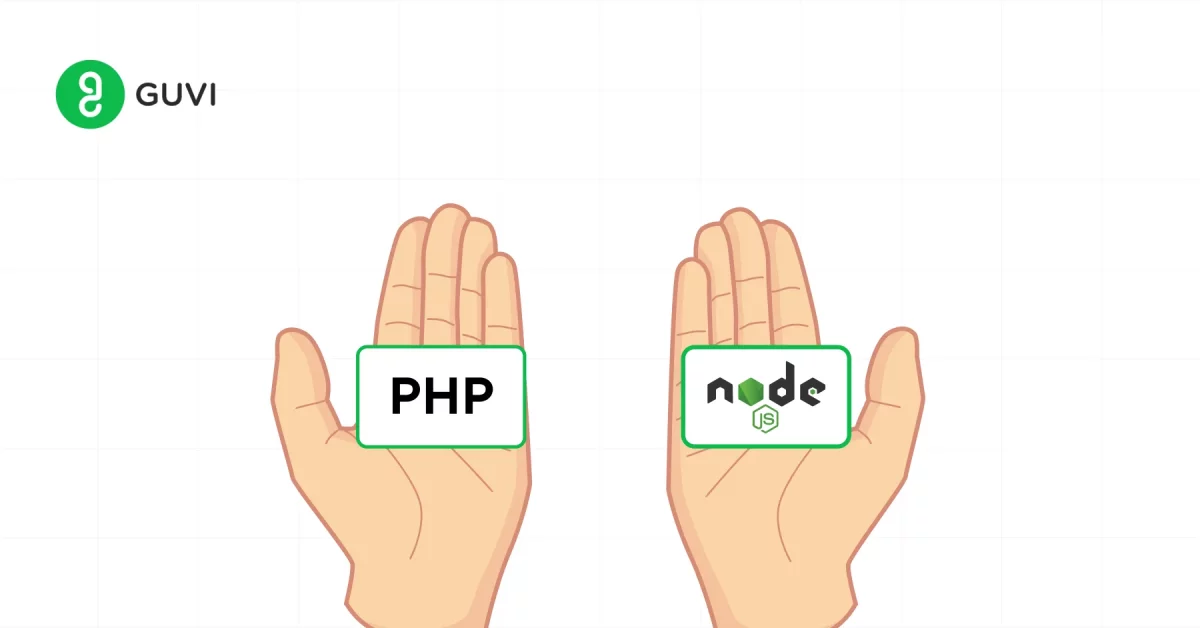
Deciding whether PHP or NodeJS is better for your project can feel like choosing between tea and coffee; it all boils down to personal preference and what you’re in the mood for, or rather, what your project needs.
Let’s break down when to use PHP or NodeJS to make this choice easier for you.
When to Choose PHP:
- You’re Building a Blog or a Content Management System (CMS): PHP shines here, especially with WordPress, which powers a significant portion of the internet’s websites. It’s like using a well-thumbed cookbook to bake a classic cake—the process is straightforward, and the results are reliably good.
- Your Web Hosting is Basic: Most web hosting services come with PHP support right out of the box. If you’re not looking to invest in specialized hosting solutions, PHP can be a more convenient choice.
- You Need Rapid Development with a Small Learning Curve: PHP has been around for a while, and it has a vast array of resources, frameworks, and a large community to help troubleshoot. It’s akin to moving into a neighborhood where everyone is ready to lend a helping hand.
In these cases, if you have the option to choose PHP or NodeJS, choose PHP to make your project more efficient and easy to build.
Must Read About Top PHP Frameworks For Creative Web Developers
When to Choose NodeJS:
These cases will need NodeJS over PHP, so choose the former when it comes to the debate of choosing PHP or NodeJS.
- You’re Developing Real-Time Applications: If you’re creating apps that require real-time data updates without needing to refresh the page—such as chat apps, live collaboration tools, or online gaming—NodeJS is your go-to. It’s like having a group chat where everyone’s messages pop up instantly, without anyone having to hit ‘refresh.’
- Your Application Deals with a Lot of Concurrent Connections: NodeJS handles thousands of concurrent connections with ease, making it perfect for applications that expect a lot of users to interact at the same time. Imagine hosting a large party where you’re able to chat with every guest simultaneously; that’s NodeJS for you.
- You Prefer JavaScript for Full-Stack Development: With NodeJS, you can use JavaScript on both the client and server sides, streamlining your development process. It’s like speaking the same language at home and abroad—everything becomes more straightforward.
Also, Find Out the Salary of a NodeJs Developer in Famous 10 Companies in India
Other Aspects to Consider when deciding between PHP or NodeJS:
- Performance Needs: NodeJS generally offers better performance for applications requiring real-time data processing, thanks to its non-blocking nature. However, PHP 7 and beyond have significantly closed the performance gap, making PHP still very competitive for a wide range of applications.
- Community and Support: Both PHP and NodeJS boast vibrant communities. PHP, being older, has a wealth of tutorials, forums, and third-party resources. NodeJS, while newer, has seen explosive growth in its community and resources, thanks in part to the npm ecosystem, which is the largest software registry in the world.
- Learning Curve: PHP might be considered easier to pick up for beginners, especially those with limited programming experience. NodeJS, while not excessively difficult, does introduce concepts like asynchronous programming, which might be new to some developers.
Ultimately, the decision to choose PHP or NodeJS isn’t about which technology is universally better; it’s about which is better for your specific project, team capabilities, and future maintenance considerations.
Kickstart your Full Stack Development journey by enrolling in GUVI’s Certified Full Stack Development Career Program with Placement Assistance where you will master the MERN stack (MongoDB, Express.js, React, Node.js) and build interesting real-life projects. This program is crafted by our team of experts to help you upskill and assist you in placements.
Alternatively, if you would like to explore and learn more about NodeJS alone through a Self-paced course, try GUVI’s NodeJS Certification course.
Conclusion
In conclusion, choosing between PHP or NodeJS hinges on the specific requirements of your project, the expertise of your development team, and your performance needs.
PHP is a proven choice for content-heavy websites and traditional web applications, offering ease of use and widespread hosting support. NodeJS stands out for real-time, data-intensive applications, boasting excellent performance and a unified development experience with JavaScript.
Both technologies have robust communities and resources, ensuring that whichever you choose, you’ll have the support and tools necessary to bring your project to life. Ultimately, the best decision to choose between PHP or NodeJS aligns with what will serve your project’s goals most effectively.
Also Explore: 6 Emerging Programming Languages for Backend Development
FAQs
While PHP can be used for real-time applications, it requires additional technologies like WebSockets or long polling to achieve similar functionality, which might not be as efficient as NodeJS’s built-in capabilities.
NodeJS may require specialized hosting that supports its runtime environment, whereas PHP is supported by almost all web hosting providers, often with easy setup.
Yes, it’s possible to use both in the same project, where each handles tasks suited to its strengths, though this setup might complicate the architecture and maintenance of the application.
Yes, NodeJS seamlessly integrates with modern front-end frameworks like React or Angular, facilitating the development of full-stack JavaScript applications.











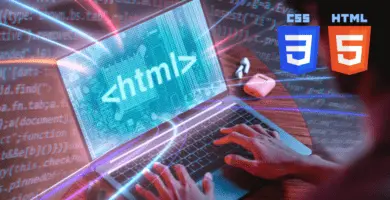












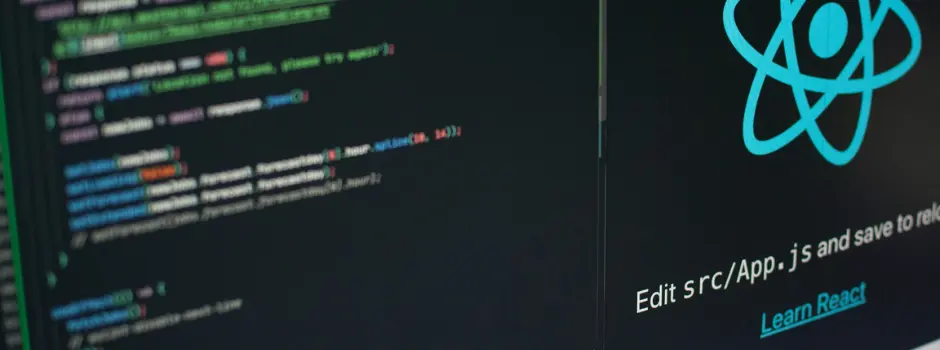
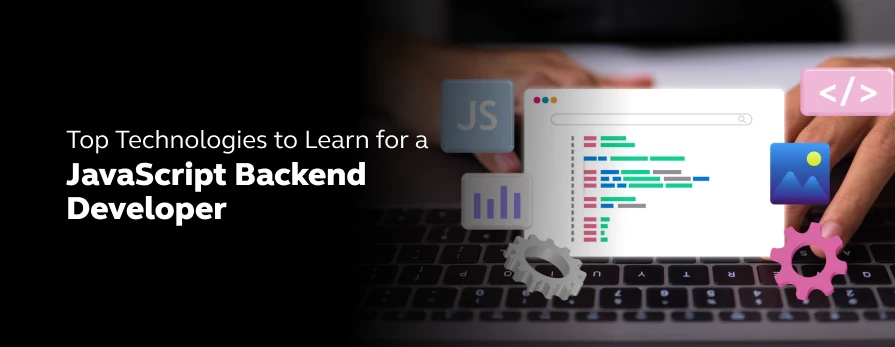
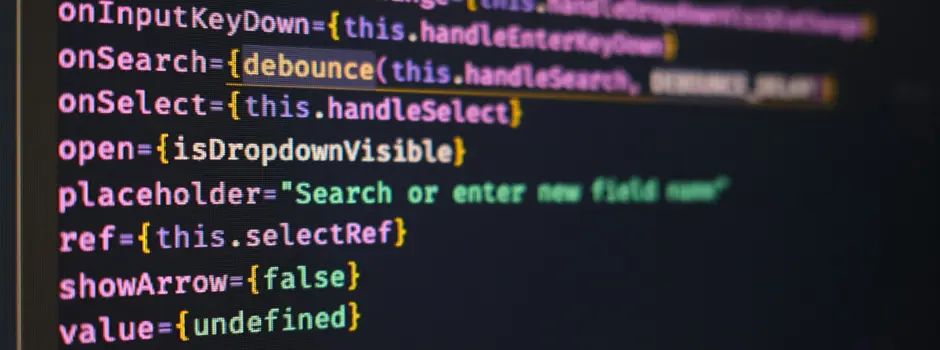

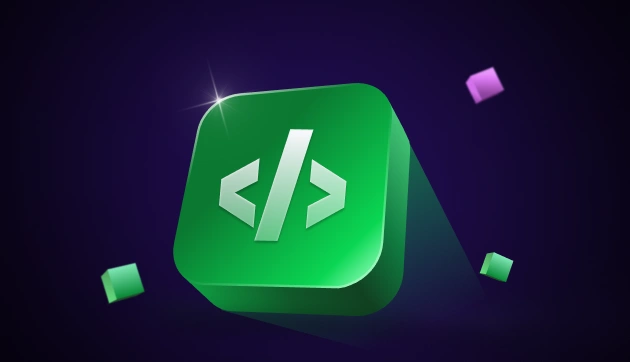
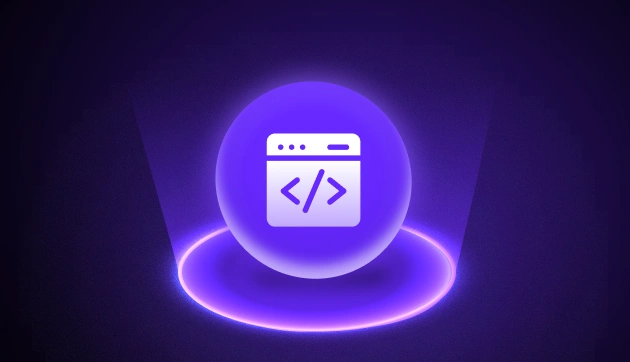

Did you enjoy this article?